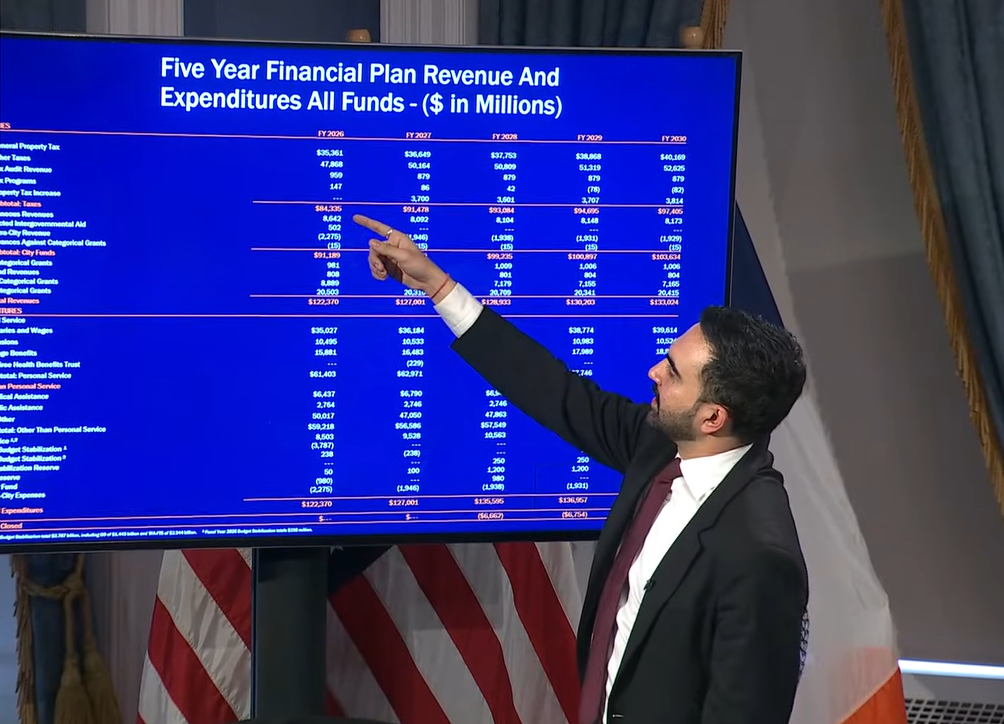Oct. 28 — A year and change after private liquor sales began in Washington, nearly two dozen mostly small retailers are in danger of losing their licenses for failing to pay the required taxes and fees.
Two are in the Inland Northwest: Owners of the Colville Liquor & Wine store and Deer Park Liquor & Wine say they're behind in payments because of a new 17 percent licensing fee on all sales. That fee is on top of the 10 percent excise tax added to all liquor sales.
Both owners say they have a hard time competing against big-box stores and grocery chains, which can spread those taxes and fees to their other products and offer lower shelf prices for liquor. In addition, those bigger retailers get discounts from liquor distributors for bulk purchases that aren't available to the small stores.
Plus, Eastern Washington consumers can easily cross the border to Idaho to buy liquor without the state-mandated markup.
Linda Thrasher, the Deer Park owner, said she owes about $14,000 to the Department of Revenue for unpaid sales taxes, plus another $10,000 to the state Liquor Control Board for the 17 percent surcharge.
Aditi Sood, co-owner of Colville Liquor & Wine, didn't disclose the amount owed to the state, but she said the amount is “significant.”
Both face a Dec. 31 deadline to pay the delinquent taxes or potentially lose their license to sell spirits. State law only requires sellers to charge at least the acquisition cost of a bottle. The law doesn't require a retailer to add the 17 percent fee to the shelf price, said Chris Marr, a Washington State Liquor Control Board commissioner.
“Are some big-box stores not adding the 17 percent, using those items as loss leaders? I've heard that it's happening,” Marr said. That's what many predicted would happen as big stores cut their margins to gain market share, he said.
Both Sood and Thrasher said they see competitors pricing alcohol at the same price that they themselves pay to wholesale distributors.
“They can afford to do that,” Sood said, “because they can spread (liquor) taxes and fees across all the other items in the store and by adjusting their margins on those (non-alcohol) items.”
Voters approved Initiative 1183 in fall 2011, and the law took effect June 1, 2012. The state imposed new fees on spirits to make up for millions of dollars in lost revenue from state-operated liquor stores.
Marr said the 17 percent fee has generally produced slightly more revenue for the state than it took in before I-1183 went into effect.
Sood said she fell behind on her state payments when the Colville store's operating costs exceeded her projections.
Thrasher, in Deer Park, said an accounting system error was responsible for her falling behind on payments.
“I've changed the program and now every night we now look at that amount (in taxes) and we set it aside for payments to the state,” Thrasher said.
Of the 1,420 liquor retailers now operating in Washington, 122 are former state-run stores. The Sood family runs one of those in Colville.
Another 146 stores, like the one Thrasher owns, are former contract liquor stores — private operations in lower-population areas — that sold alcohol on behalf of the state and kept a small percentage of total sales.
Of the 22 stores currently facing suspension, most are on the West Side. Four are in the Yakima area; one is in East Wenatchee. Some of the businesses operate multiple stores that could all be closed by a license suspension.
So far only one liquor retailer, in Vancouver, has lost its license to sell spirits, said Mikhail Carpenter with the Liquor Control Board. Liquor sellers notified of possible license suspension have the right to a hearing to delay the revocation.
“Ultimately our goal in this process is not to shut down licensees but to get them to come into compliance by a set deadline,” Carpenter said.
Thrasher and other small liquor store operators have begun pushing for changes in the new state law through a group called WALSA — Washington Liquor Store Association. The group's agenda includes urging the Legislature to reduce or eliminate the 17 percent retail fee, and eliminating the practice of distributors charging different prices to retailers based on the type of business and amount of alcohol ordered.
Some of those concerns will be discussed on Nov. 22 when the House Government Accountability and Oversight Committee holds a hearing in Olympia on the impacts of the law on small retailers.
Marr, who formerly represented Spokane in the state Senate, said the Liquor Control Board is looking into whether it has the rule-making power to change or halt the practice of distributor channel pricing.
But it's highly unlikely, Marr said, that the state will eliminate the 17 percent fee, a move that would mostly benefit the smaller stores.
He noted that the state's 10 percent liquor wholesale excise tax will drop to 5 percent in about a year, reducing the total revenue liquor will generate for the state.
Because of the current political mood and concern over budgets, the Legislature would be reluctant to drop or cut the 17 percent fee, he said.
“That's the primary source of revenue the state is getting to offset what it made before,” he said.
——————
Copyright 2013 – The Spokesman-Review, Spokane, Wash.
Thanks for reading CPA Practice Advisor!
Subscribe Already registered? Log In
Need more information? Read the FAQs
Tags: Accounting, Income Taxes, Sales Tax



